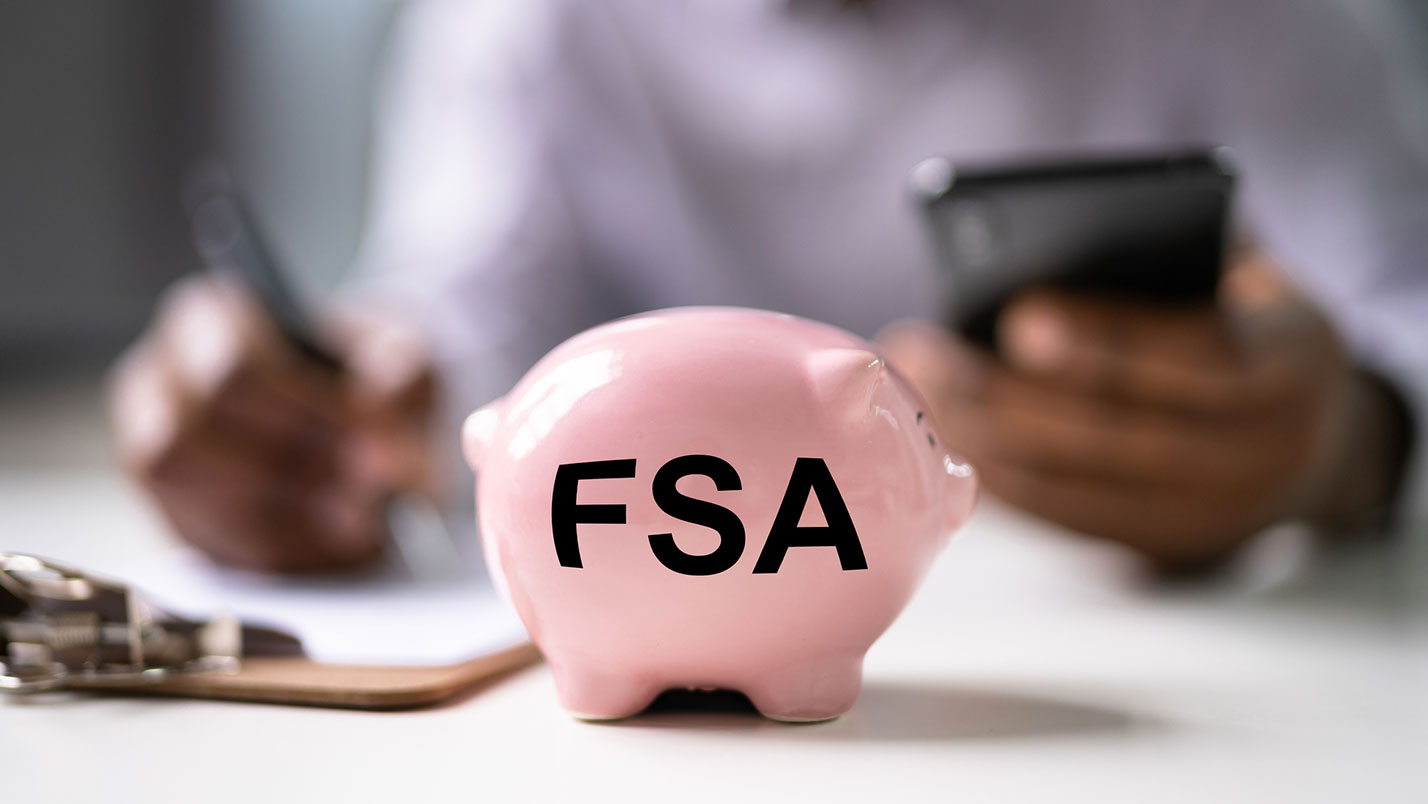Health Care FSAs
Last Updated January 16, 2026

Overview
A Health Care FSA allows you to set aside before-tax dollars to pay for eligible out-of-pocket health care expenses. By using an FSA, you can lower your taxable income and pay for qualified expenses with tax-free dollars.
Taking the time to understand how FSAs work can help you save up to 40% or more on eligible expenses, depending on your tax bracket.
HealthEquity is RRD’s FSA administrator.
You Must Enroll
You must enroll each year during Annual Enrollment to begin or continue participating in the FSA programs. Your contributions will be deducted from your paycheck in equal installments on a before-tax basis during the Plan year. Once you make an election for the year, you cannot change it during the year unless you experience a qualifying status change.
Health Care FSA
Use the Health Care FSA to reimburse yourself for eligible health care-related expenses. Examples include coinsurance, the cost of contact lenses, prescription drug copayments, over-the-counter drugs prescribed by a doctor and more. See IRS publication 502 for the full list of eligible expenses.
For 2026, you may contribute $200 to $3,300 to the Health Care FSA to reimburse eligible health care expenses you incur throughout that Plan year.
FSA Debit Card
If you elect the Health Care FSA and you are not enrolled in an HSA medical option, you can pay for eligible health care expenses with your FSA debit card. Here are a few tips for using this card:
- Save all itemized receipts in case supporting documentation is requested.
- You cannot use your card to pay for dependent care expenses.
- Separate eligible health care items (e.g., prescriptions, reading glasses, contact lenses) from ineligible items (e.g., magazines, cosmetics) before using your FSA debit card. Ineligible items must be purchased with another form of payment.
Limited-Use Health Care FSA
If you enroll in HSA Value, HSA Advantage or a Kaiser HSA medical option, RRD offers you a “limited-use” Health Care FSA (because the IRS prohibits contributions to both a full-use Health Care FSA and an HSA).
You may contribute $200 to $3,300 in 2026, but the IRS restricts how you can use these funds. These rules may affect how much you want to contribute to your Health Care FSA.
How Your Medical Option Affects Your FSA
Here are some key things to consider as you decide how much to contribute to your Health Care FSA:
| IF YOU ENROLL IN: | YOU CAN CONTRIBUTE TO: | ELIGIBLE EXPENSES |
ELIGIBLE FOR AN FSA DEBIT CARD? |
|---|---|---|---|
| HSA Value, HSA Advantage or a Kaiser HSA medical option | Limited-use FSA |
Eligible dental and vision expenses at any time, and eligible medical and prescription drug expenses after you’ve met a legally required minimum portion of your Medical Program deductible in 2026 ($1,700 for Employee Only coverage and $3,400 for Employee + Spouse, Employee + Child(ren), and Family coverage). |
No |
| Copay Advantage or BCBS Coupe PPO | Regular, full-use FSA | Eligible medical, prescription drug, dental and vision expenses | Yes |
You must meet the legally required minimum portion of your Medical Program deductible in 2026 ($1,700 for Employee Only coverage and $3,400 for Employee + Spouse, Employee + Child(ren), and Family coverage) before you can use your FSA to pay for medical and prescription drug expenses, even if the expenses are not covered by your Medical Program option.
Use It or Lose It!
Plan carefully! Per IRS rules, you forfeit any money remaining in your FSAs at the end of the Plan year. You have until March 31 of the following year to submit claims for services incurred during the current Plan year. Use the “Ask Emma” tool to calculate expenses and help you determine the amount to contribute to an FSA.
RRD Benefits Center
1-877-RRD-4BEN
(1-877-773-4236)
HealthEquity
1-866-346-5800
HealthEquity app
Watch to Learn More